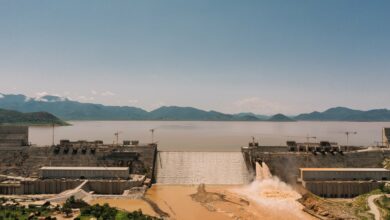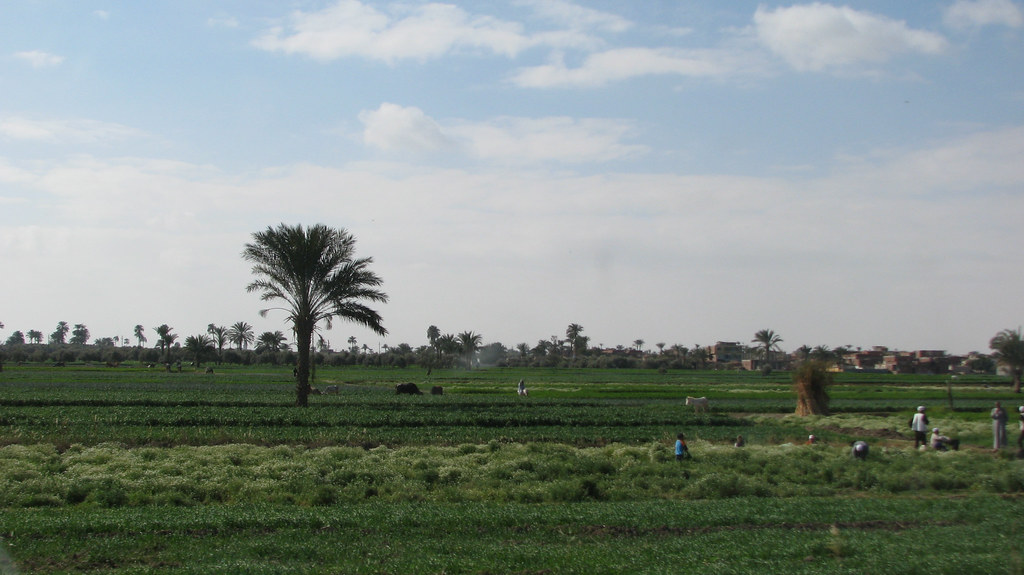Prime Minister Ahmed Nazif announced that Egypt’s quota of Nile water will remain intact as specified by international agreements governing the distribution of Nile water. He reassured heads of the boards of directors and chief editors of newspapers with whom he met a few days ago that the government is following up closely on this file to safeguard Egypt’s rights.
Nazif further explained that Egypt’s water quota cannot be undermined except if massive billion-dollar projects are implemented in the upper Nile region. He said that some countries are claiming the agreements on Nile water quotas were signed while they were under occupation and therefore want the current ones replaced. Nazif said that Ethiopia–which receives 85 percent of the Nile water–signed the treaty in question after gaining its independence.
Therefore, there is no reason to worry, says Nazif. We should even ignore the agreement to be signed by Nile source countries next Friday–which will redistribute Nile quotas at the expense of Egypt and Sudan. Again, there is no reason to worry about Israel’s infiltration of the Nile Basin countries, the annual conference Israel holds to discuss water problems, or even all the talk about Israel wanting to pressure Egypt through the Nile source countries.
However, I think we should worry about the future of Egypt’s water quota, even if the eight Nile source countries are not planning to stab us in the back. Over a period of 30 years, the Egyptian citizen’s share of Nile water dropped from 2000 cubic meters to only 600 cubic meters. If the international water poverty line is set at 1000 cubic meters per year, then Egyptians are already well below that line. Now with Egypt’s water quota remaining as it is and the population growing year after year, the water share of every citizen will continue to drop further. Any prime minister should think about how to uphold the rights of the coming generations, which is indeed a tough mission.
If I were the prime minister, I would lose sleep, for Egypt is not a rich country that can spend billions of pounds to desalinate seawater as some countries in the Gulf do. A wise government should consider sustainable development to protect the rights of coming generations, while a stupid one only looks at its feet. The government should be even more concerned knowing that the Nile source countries are about to sign an agreement that will infringe on Egypt’s water quota.
I am not opposed to Prime Minister Nazif; it is just that seeing him so composed worries me, especially since he has not given adequate reason for his confidence. It is true that Egypt has established historical rights to a certain quota of the Nile water but there are threats that need to be taken into account even if they are unscientific and illegal in nature. Besides, we need to understand why the Nile source countries are escalating their actions against Egypt.
In Egypt, we are used to seeing governments pass unsolved problems on to the following ones, but this particular problem cannot remain unsolved—it is related to our very existence and it is an issue of national security.
We need a scientific approach to facing those crises. Last week I urged the formation of a senior national committee that will bring together competent and honest politicians, experts and diplomats to look for ways to maximize our benefit from the Nile and to provide additional sources of water. Such a committee has to be completely independent and have the research and financial capacities to carry out its functions away from red tape and administrative pressures. We cannot face a serious threat with false reassurances.
Translated from the Arabic Edition.
Opinion



